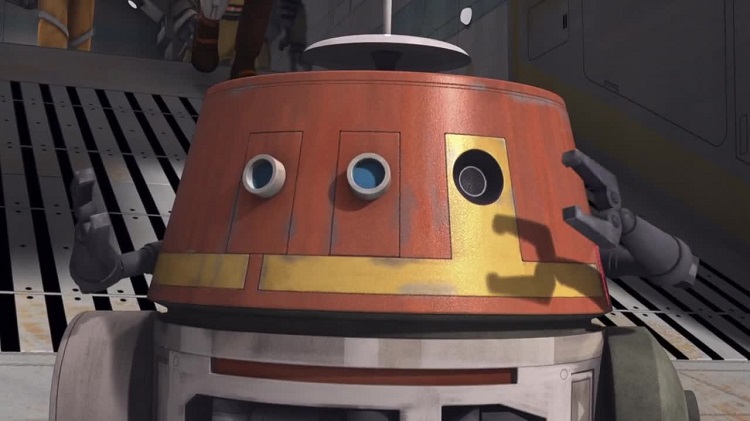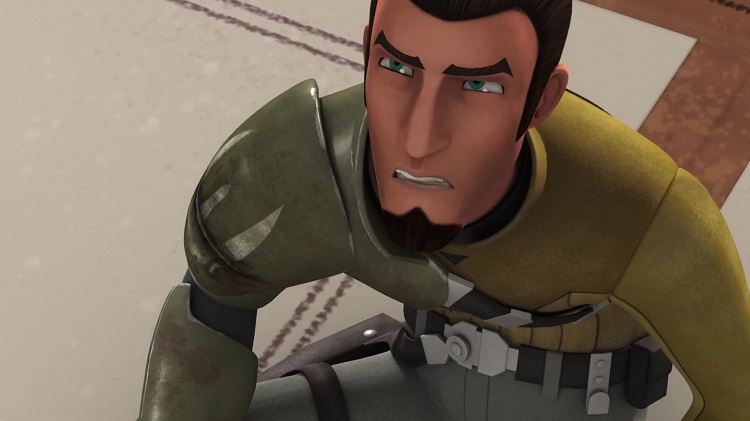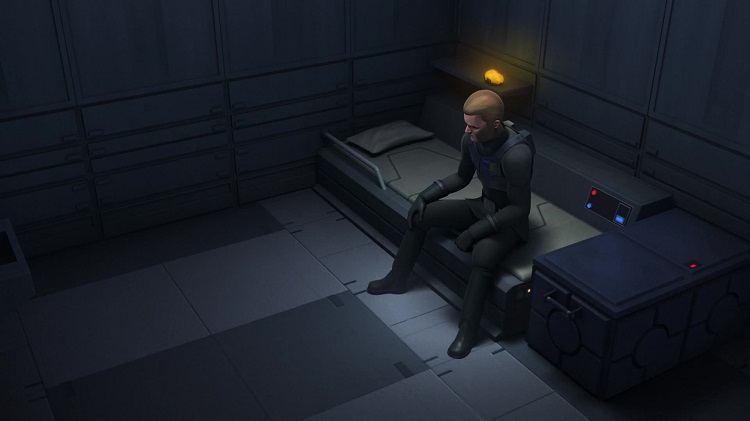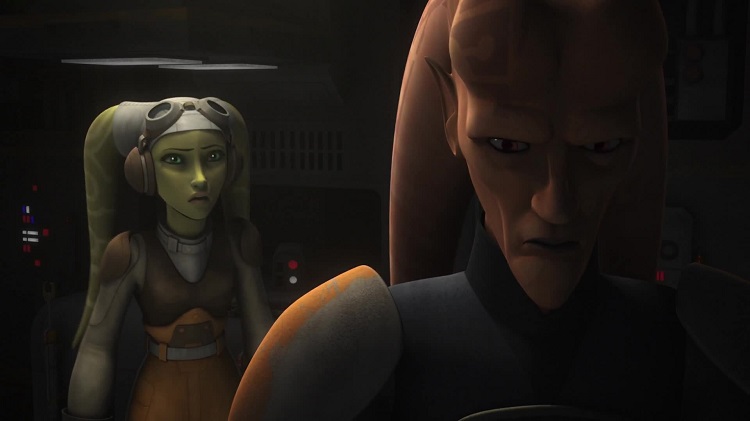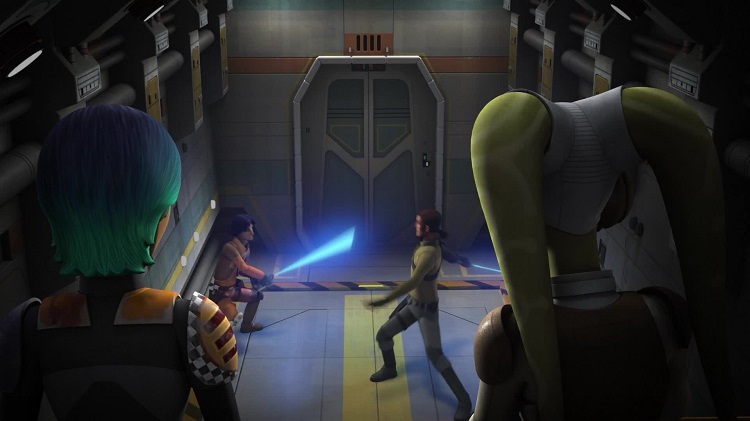
Rebels’ second season is fast drawing to a close; the two-part finale is next week and there’s a lot that could still happen in it. What we do know, thus far, is that Darth Vader will make his grand re-entrance into the story and throw down with Kanan, Ezra and Ahsoka, and somewhere in there we’ll also have three Inquisitors and the Maul formerly known as Darth as well. It’s going to be an intense and packed finale.
Because of that, though, the show had to spend some time a week in advance giving the other characters, the ones who aren’t strong in the Force, a chance to say goodbye. The finale is already set in terms of the heroes cast, we’re going to be focused entirely on Kanan, Ezra and Ahsoka. The interesting (and painful) spin on that is that the characters within the show know that something climactic is happening, as well.
When Malachor was first mentioned “in canon” it was used as a euphemism for hell or another similar terrible place, almost an expletive. Now, three of the heroes of the fledgling Rebellion are going there of their own free will, in search of something that will give them the edge against Vader and the Inquisitors. They are almost literally walking into hell in search of a solution to their problem. And Hera and the others are terrified that they may not walk back out again. Read More
